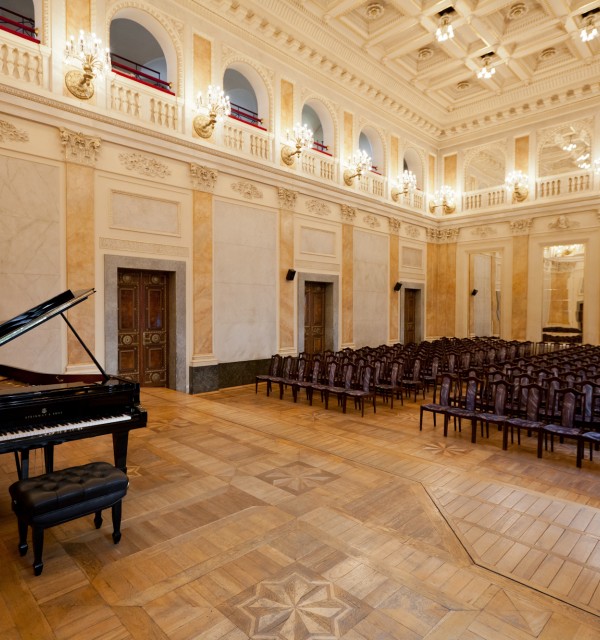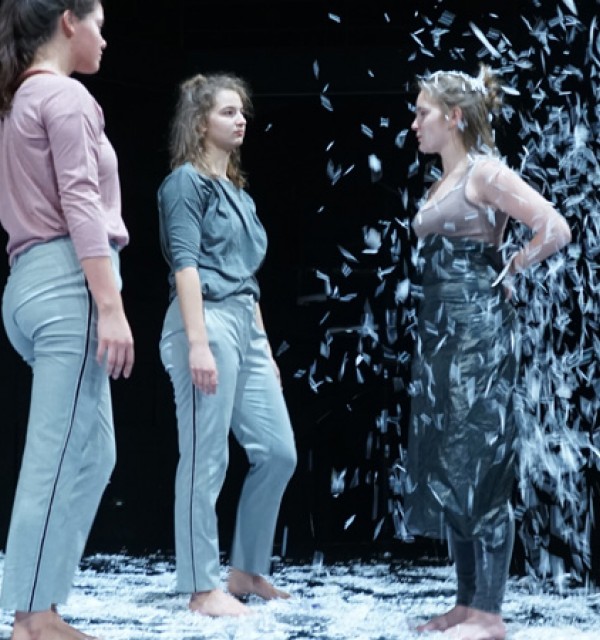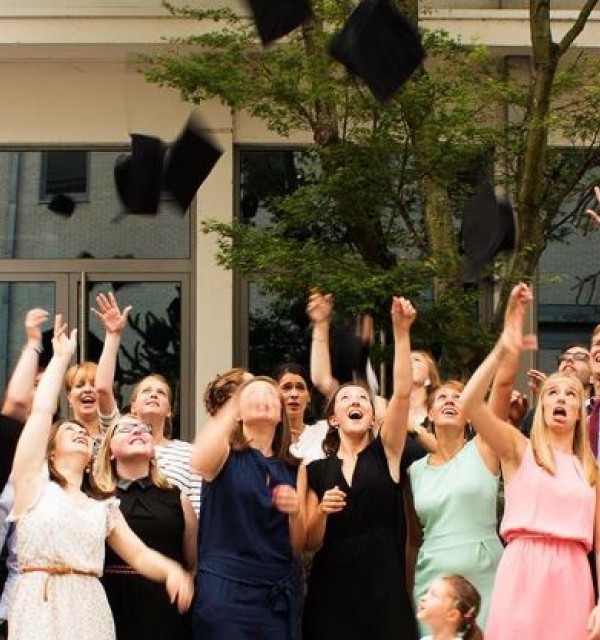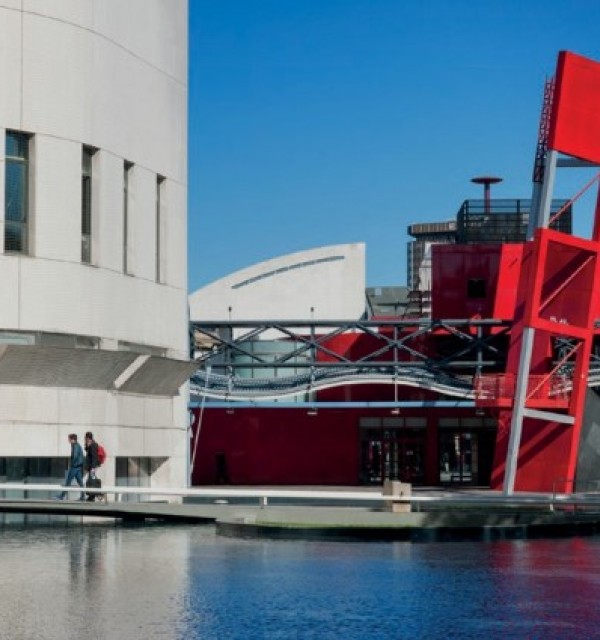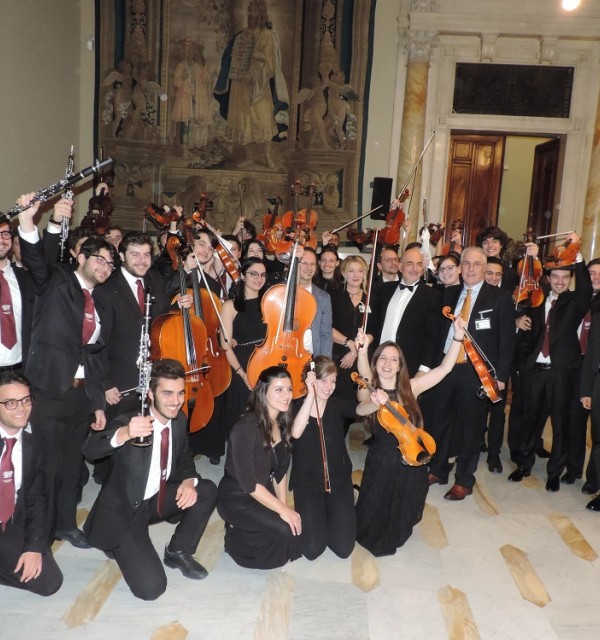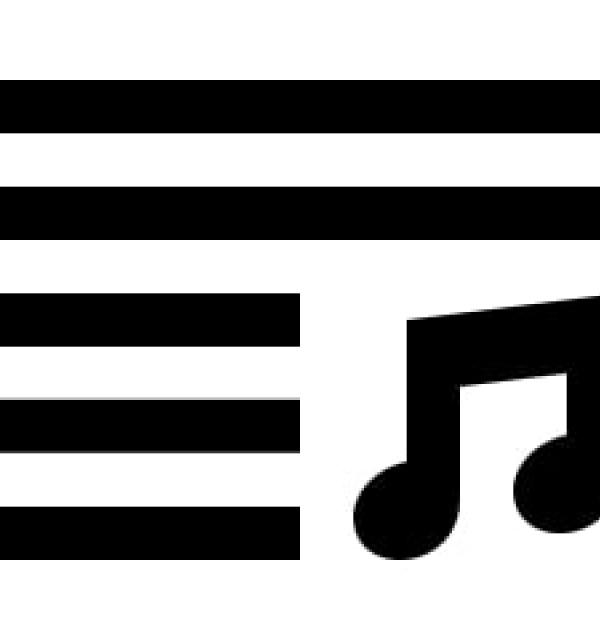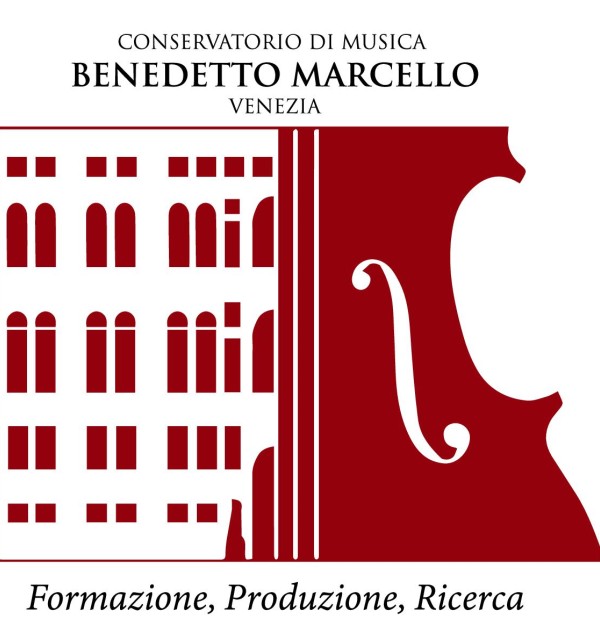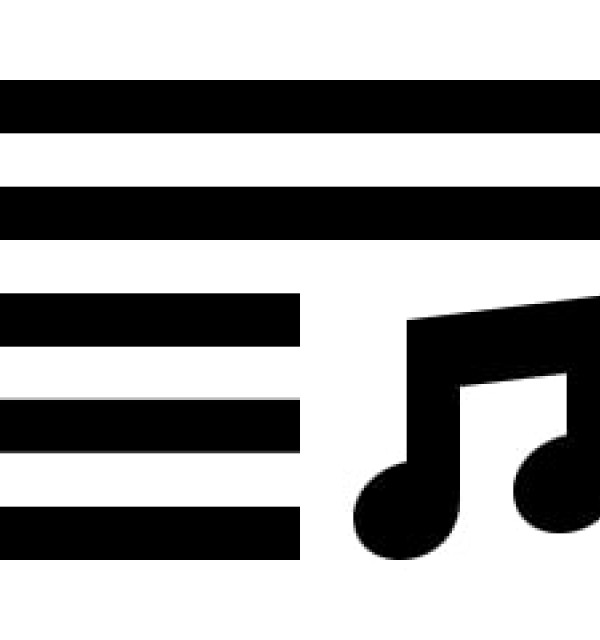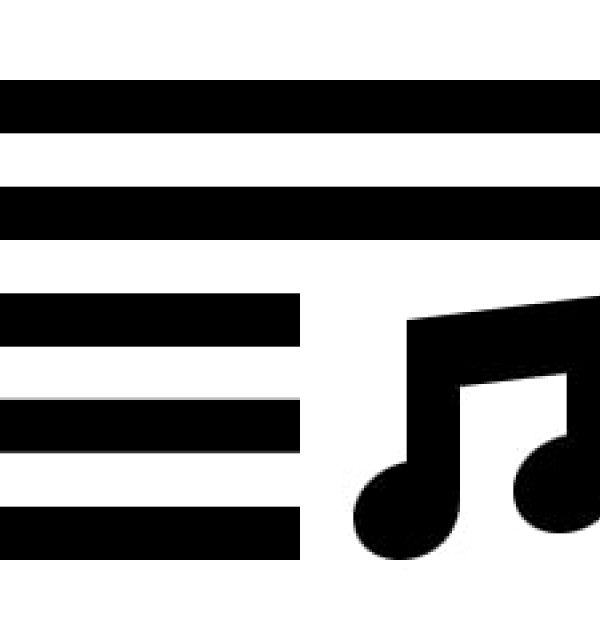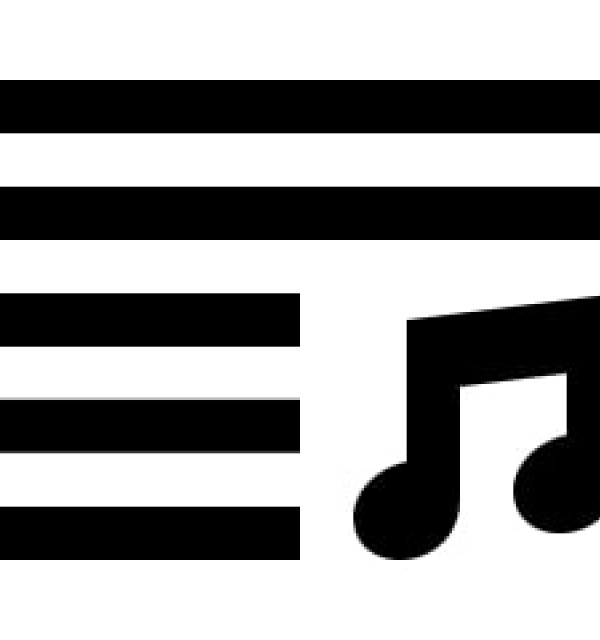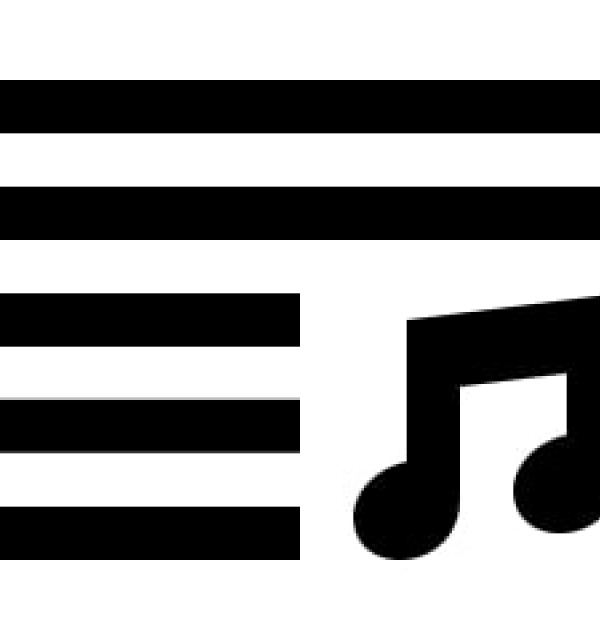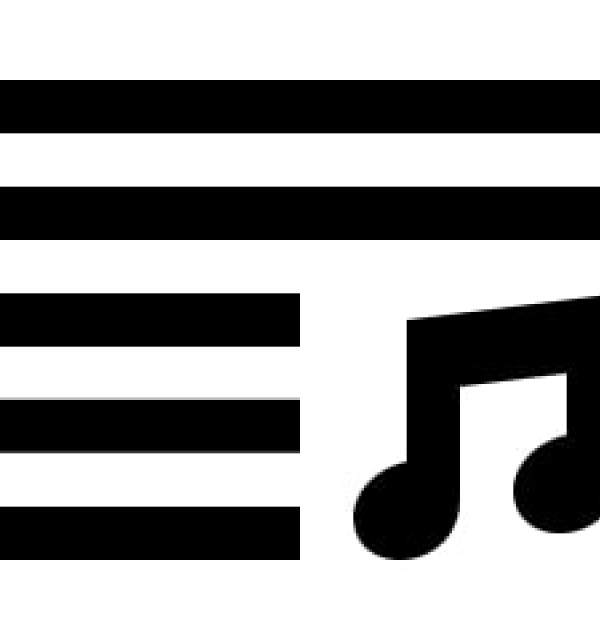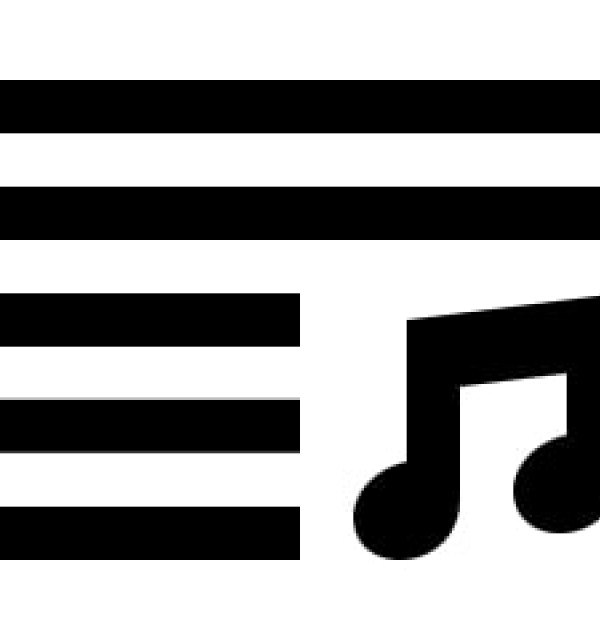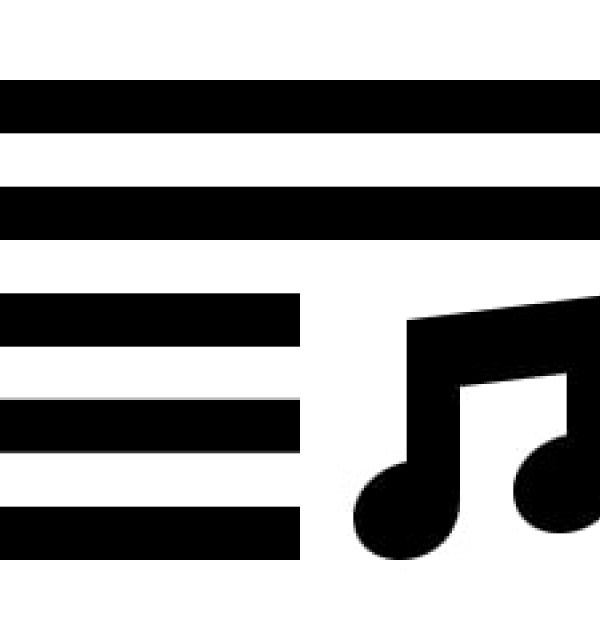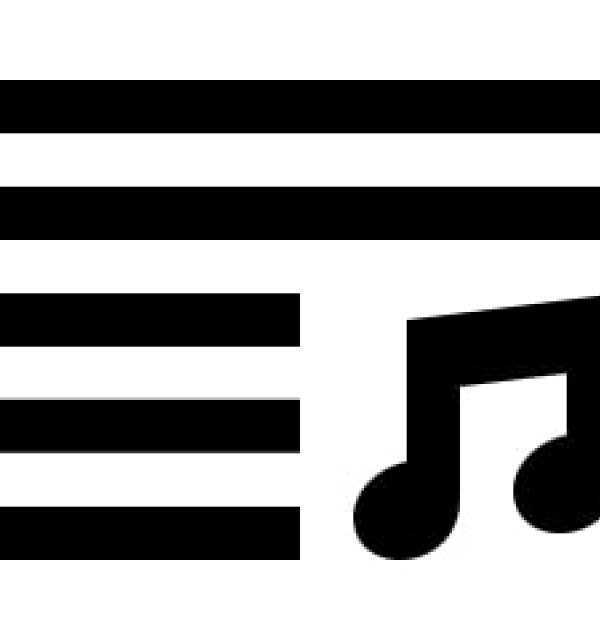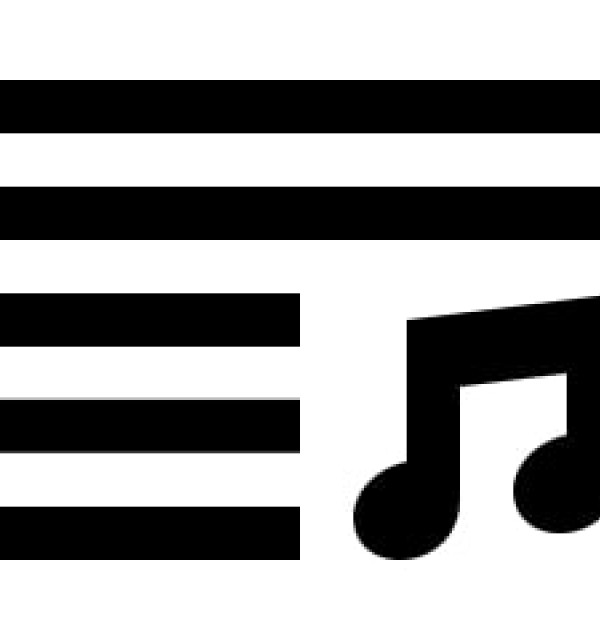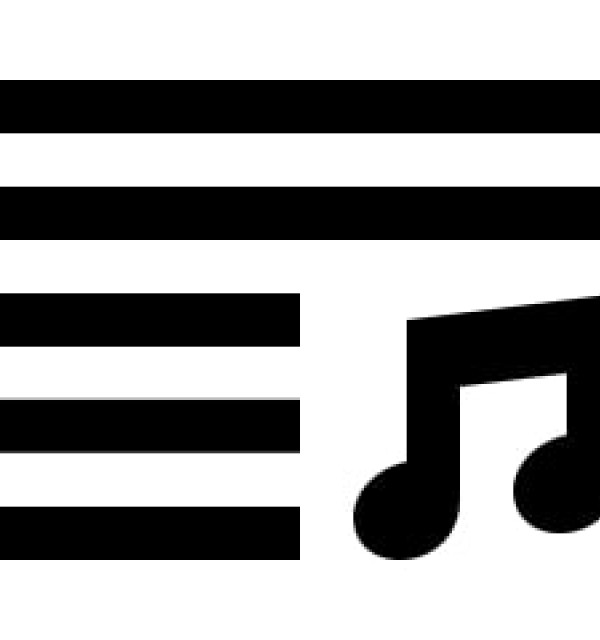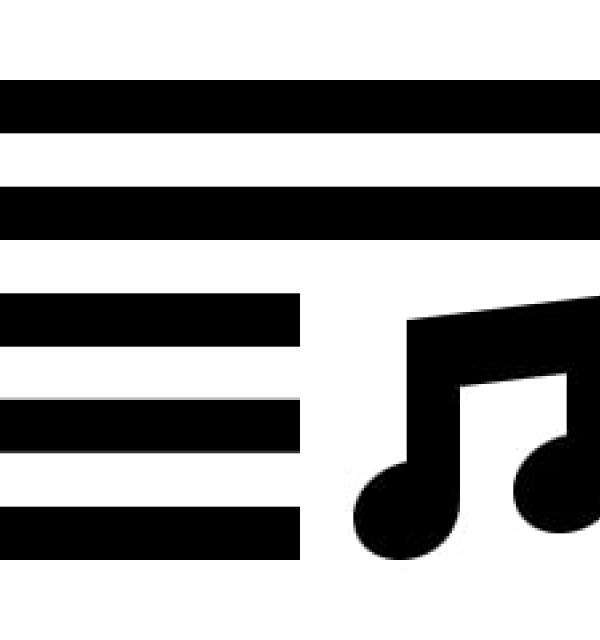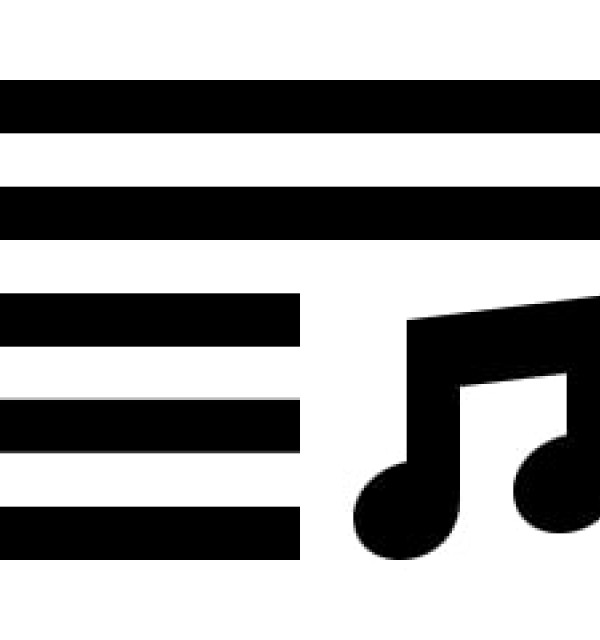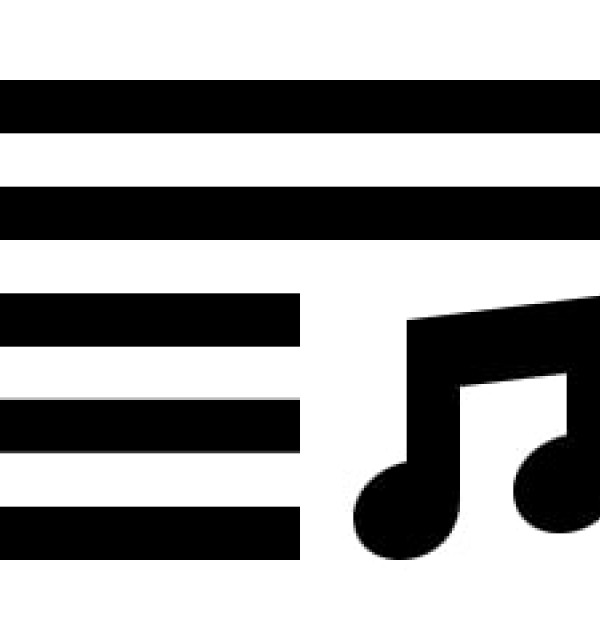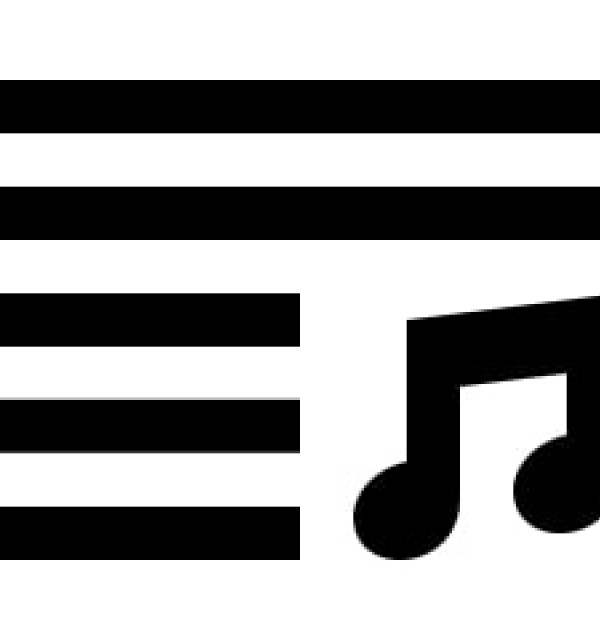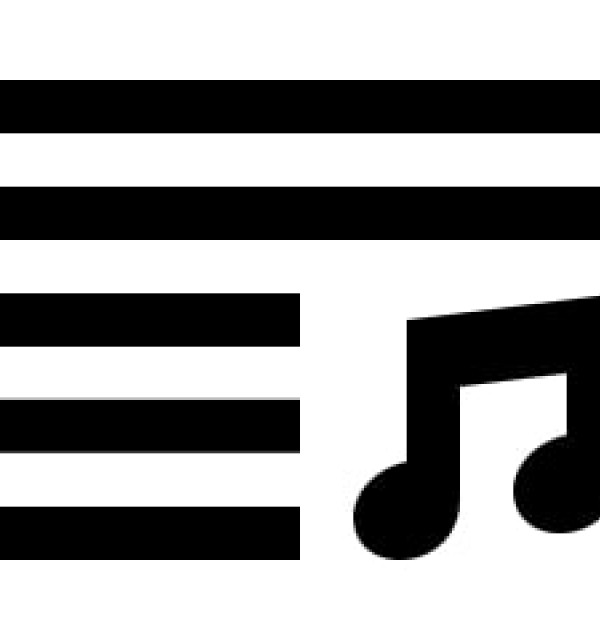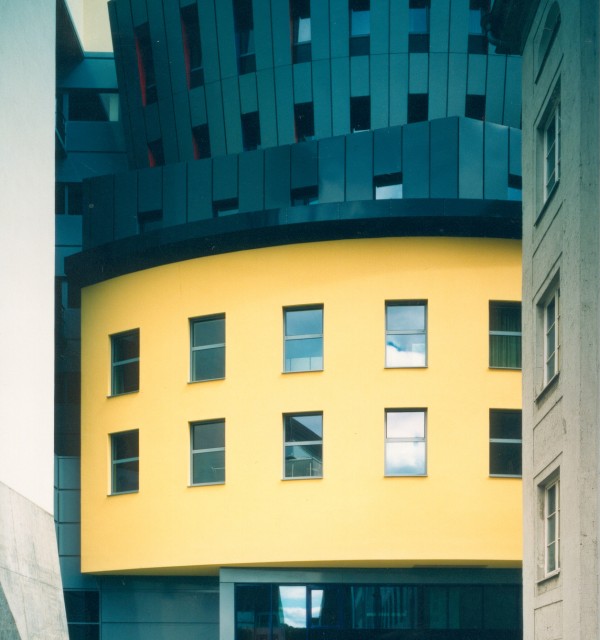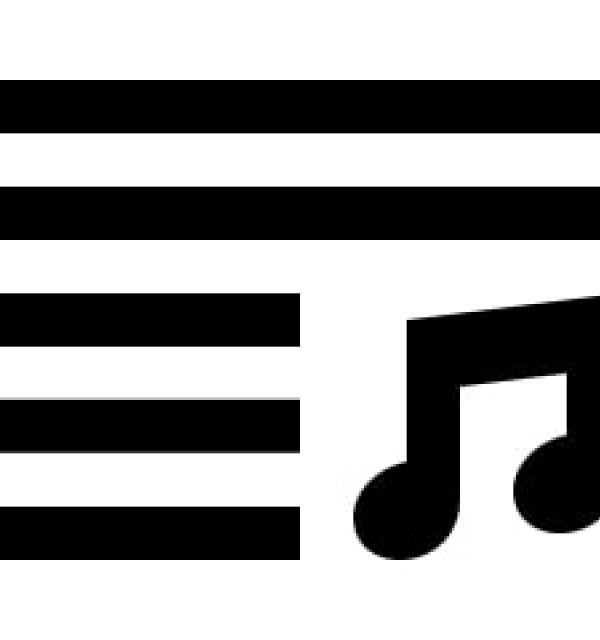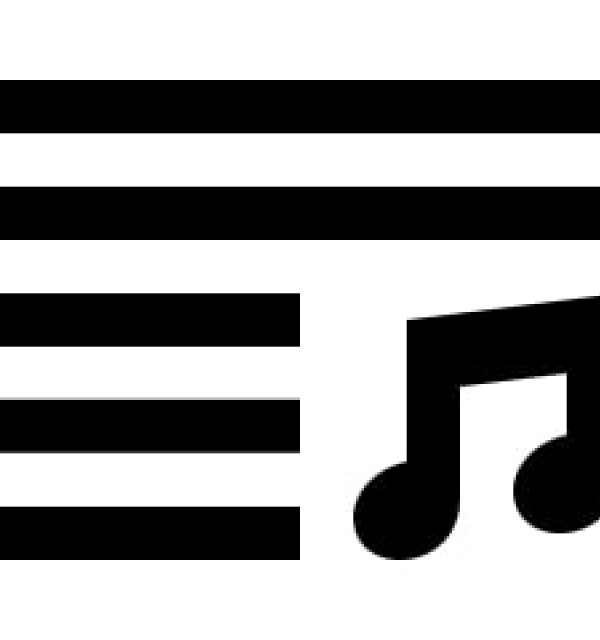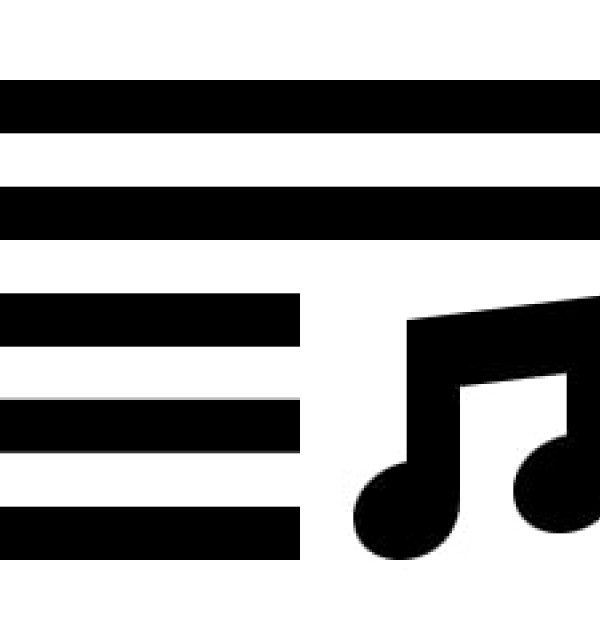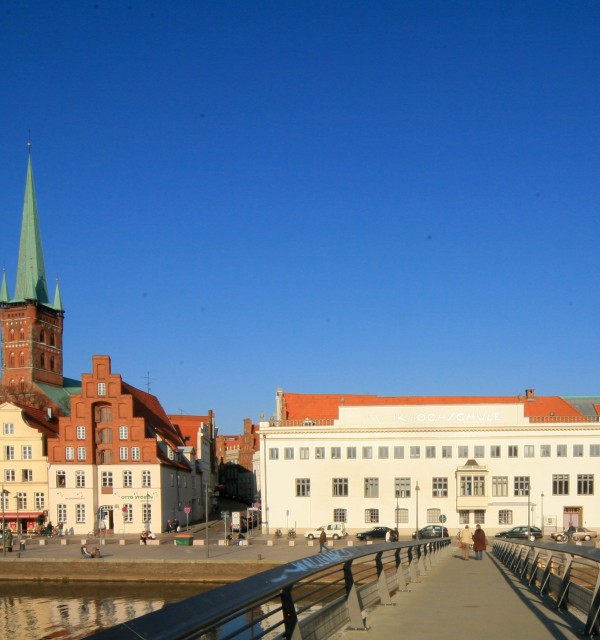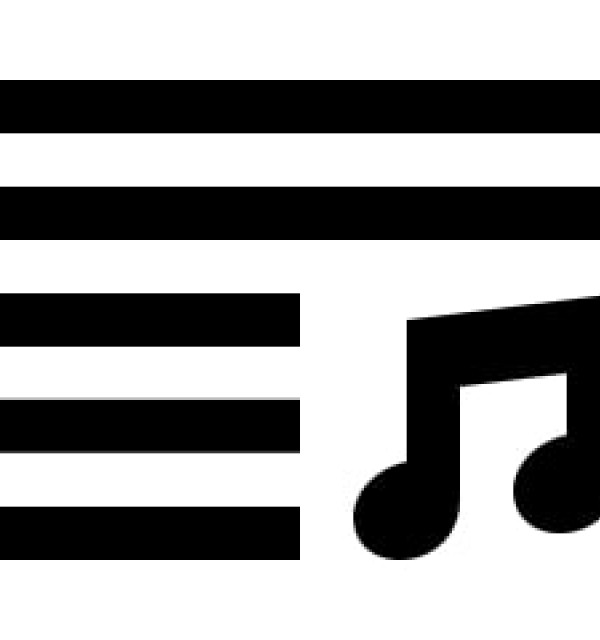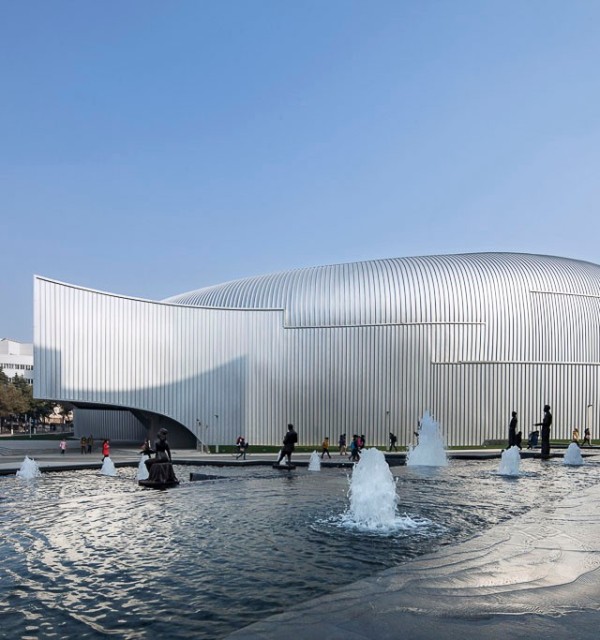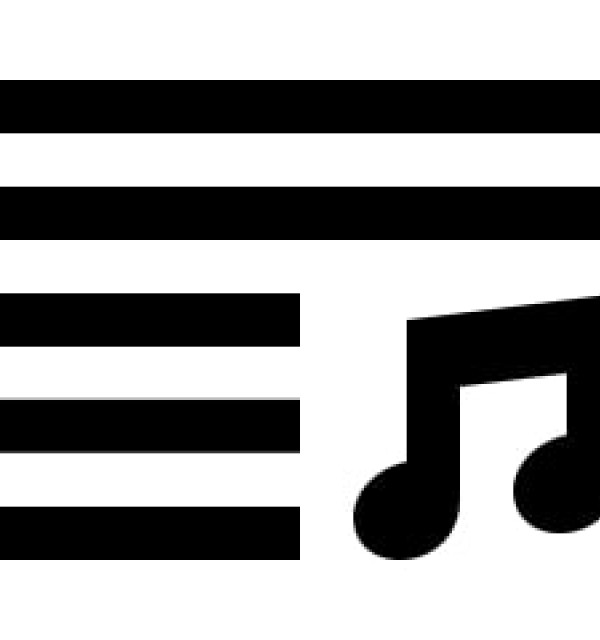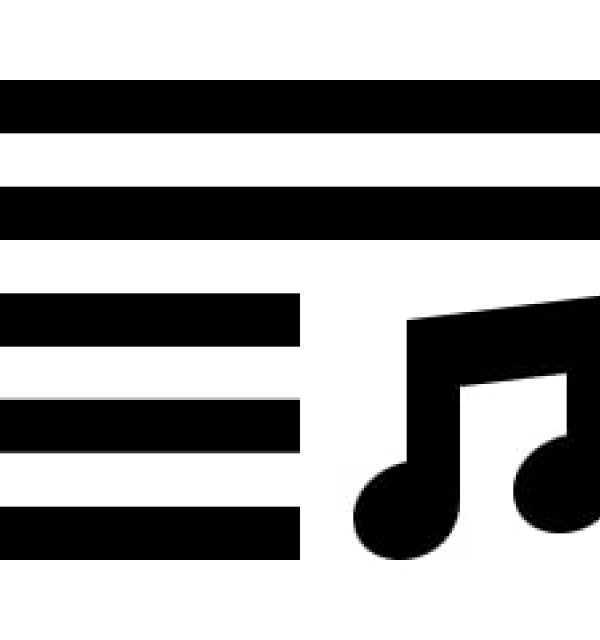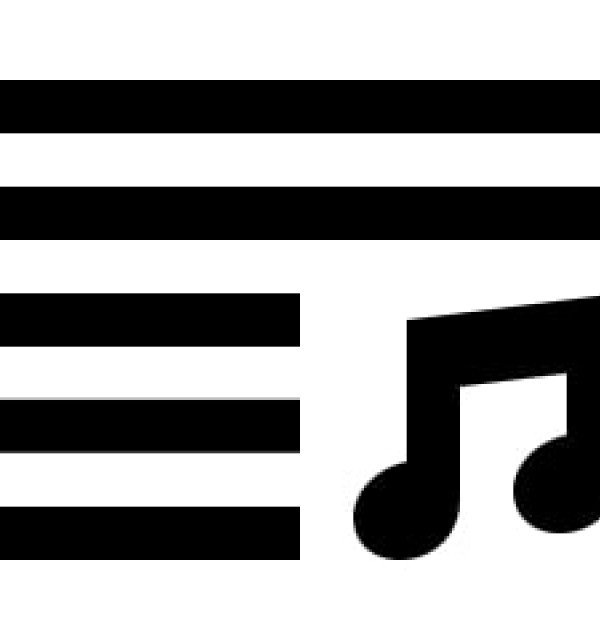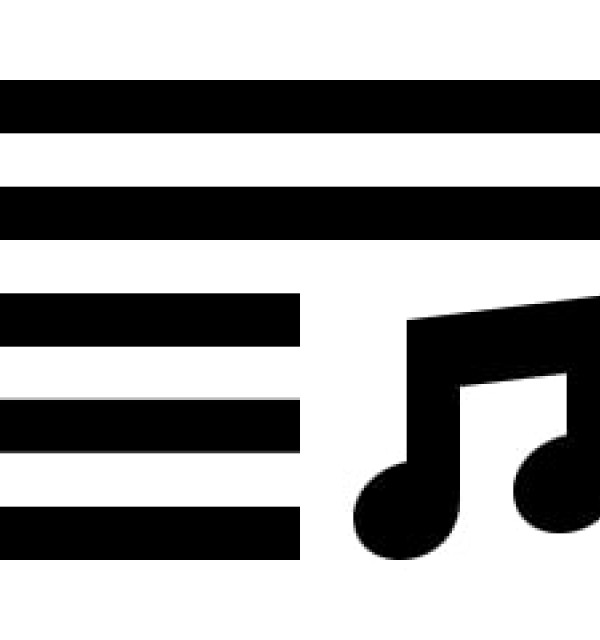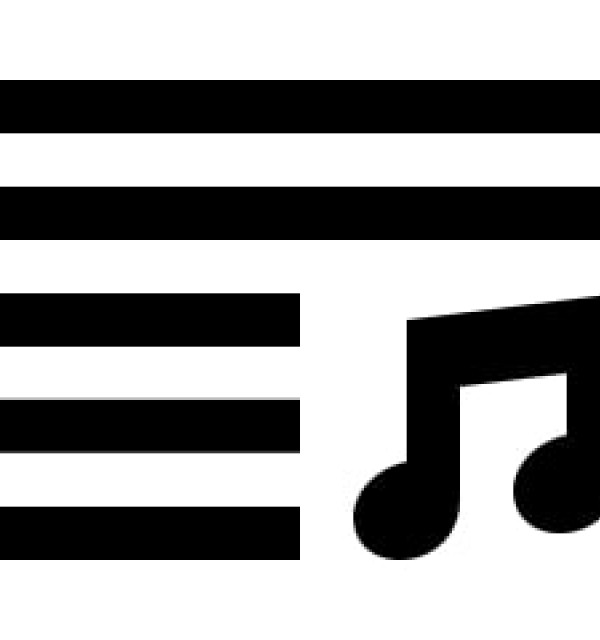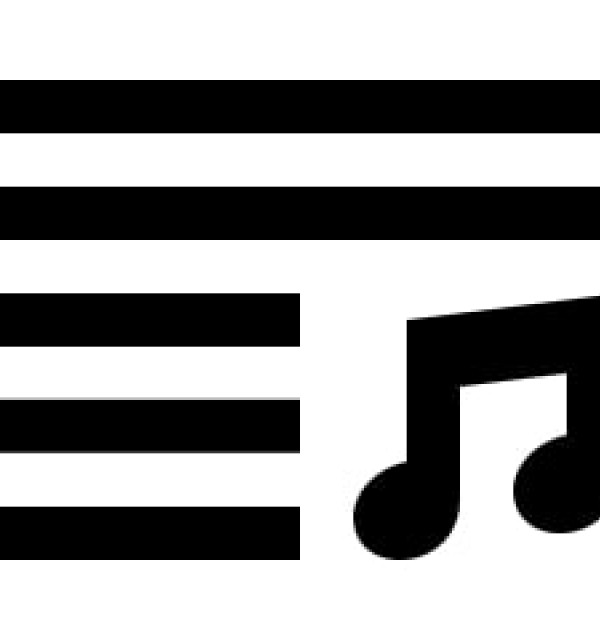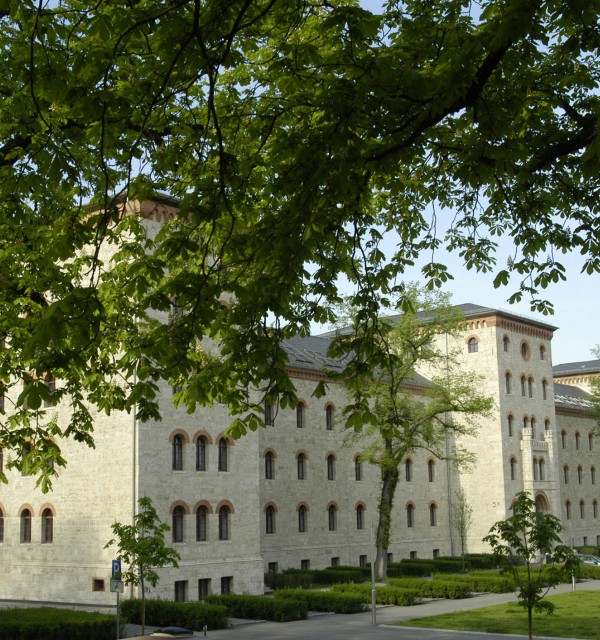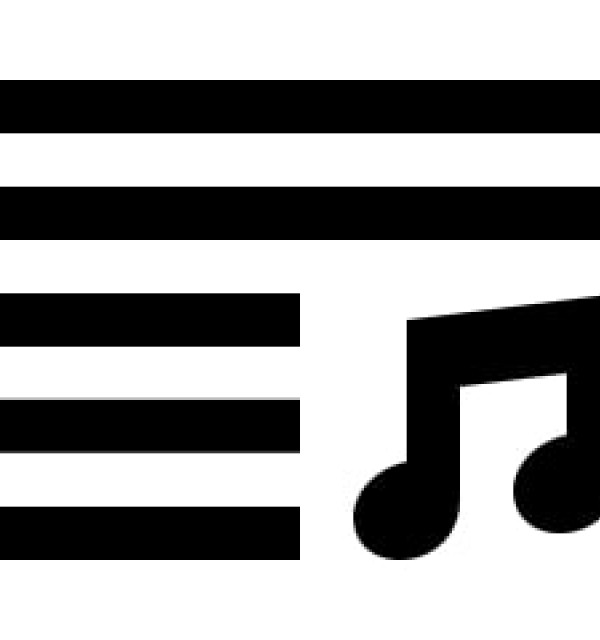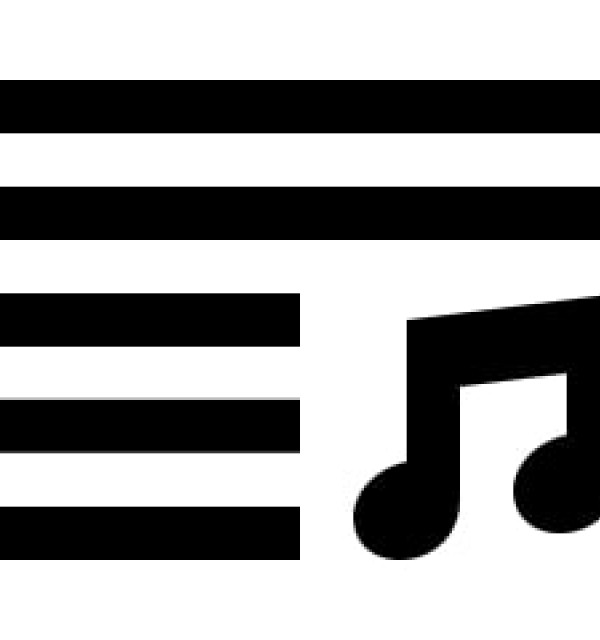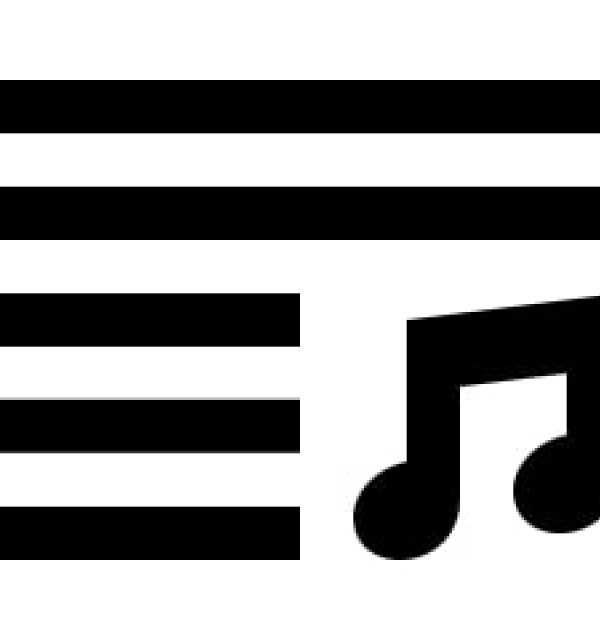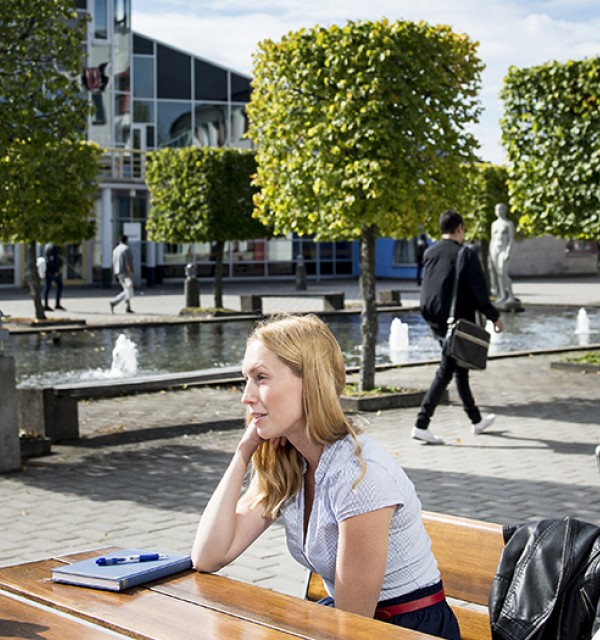Music Performance - Master's Degree Programme
Study programme description for study year 2023-2024
Credits (ECTS)
120
Studyprogram code
M-UTØVMUS
Level
Master's degree (2 years)
Leads to degree
Master i utøvende musikk
Full-/Part-time
Full-time
Duration
4 Semesters
Undergraduate
No
Language of instruction
Norsk, English
The master's degree programme in performing music requires a performing bachelor's degree and is aimed at musicians at a high artistic level, who have an interest in and great motivation to do an in-depth study. Initially, the programme is open to students from most styles and genres (classical music, jazz, improvisation, contemporary music, etc.), but limited to expertise available at the faculty for supervision and teaching within the student's chosen specialty area.
The language of instruction at the master's programme is English. Norwegian can be used in groups with only Norwegian-speaking students.
Learning environment, teaching and learning methods: The programme's working methods will be both teacher-led and student-led. A central part of the students' working hours will be used for practice, both individually and in ensembles. Teaching in the main instrument is given as a combination of individual hours, master classes and supervision in connection with executive projects. In addition, individual supervision is given in connection with the master's project. The teaching and learning methods are of great importance for the realization of learning outcomes; emphasis is therefore placed on working methods that require both independence and cooperation.
There are mandatory work requirements related to teaching activity. See UK's regulations for requirements for attendance in teaching and projects.
Conditions for continuing in the programme: The student must pass the courses in the 1st year of study in order to start the master's project in the second year of study.
Structure of the programme: The programme is a full-time study programme over 2 years and is structured into 3 categories: Specialization courses of 100 credits and broad-based support subjects of 20 credits (elective courses). The support courses are theoretical with a stronger or looser association with the performance. Start-up of elective courses depends on number of applicants / available resources at the institution. The performing identity of the programme is primarily expressed by the proportionality between the subject areas. Secondly, all courses are intended as supportive of the final product of the programme, which is the main instrument exam in the fourth semester. In this way, theoretical performing courses build up general maturity processes in the work on the musical material, as well as stimulate perspective for the project specialization in the third semester. The performing specialization benefits the time and energy the students dedice larger initiatives at the school or give the opportunity to concentrate on special areas of interest and competence.
Test forms: Reference is made to the Exam Regulations for UiS and to the individual course descriptions.
Independent work: Mum201 Master's project (30 credits) constitutes the independent work in the programme. The work is carried out under supervision, and concludes with a concert or demonstration lectures, recording or soloist assignments, depending on the type of exercise the student has described in his/her project description.
Recognition of previous education /transitional arrangements: Recognition of previous education is assessed by the faculty on an individual basis and requires documentation of exams taken from an external institution.
It is the student's specialization area that is the framework for the work on the master's project. Students in the master's programme are obliged to use Canvas, which is a common platform for communication between students and employees/administration.
Learning outcomes
After completing the programme, the candidate will have acquired the knowledge, skills and general competence that enable the candidate to:
Knowledge
- have advanced knowledge in the field and specialized insight within their in-depth area
- have knowledge of artistic theory and methods
Skills
- realize and communicate their artistic intentions with a clear personal expression
- use relevant methods for artistic research in an independent manner
- conduct a soloist and chamber musical concert activity carry out an independent, limited specialization project, under supervision
General competence
- demonstrate reflection and innovation
- articulate and discuss music-related issues in a critically reflected way, both within the academic community and with the public
Career prospects
The Master's Programme in Performing Music educates musicians, conductors and singers into a versatile professional field, and for professions such as performers in orchestras, bands, choirs and more. Together with practical-pedagogical education, you can also work as an instrumental teacher in the school system.
The Master of Performing Music provides the basis for further studies on the third cycle (PhD in artistic research).
Course assessment
The programme is quality assured through UiS's quality system, in accordance with criteria and guidelines from NOKUT.
Study plan and courses
Enrolment year:
-
Retningsvalg
-
Jazz
-
MUM502J: Main Instrument II - Jazz
Year 2, semester 4
-
MUM201: Master project
Year 2, semester 3
-
-
Klassisk
-
MUM502KD: Main Instrument II - Classical
Year 2, semester 4
-
MUM201: Master project
Year 2, semester 3
-
-
-
Retningsvalg
-
Jazz
-
MUM501J: Main Instrument I - Jazz
Year 1, semester 1
-
MUM705: History of Jazz Performers and Styles
Year 1, semester 1
-
MUM807: Artistic theory and methodology
Year 1, semester 2
-
MUM502J: Main Instrument II - Jazz
Year 2, semester 4
-
MUM201: Master project
Year 2, semester 3
-
-
Klassisk
-
MUM501KD: Main Instrument I - Classical
Year 1, semester 1
-
MUM702: Performance Practice
Year 1, semester 1
-
MUM807: Artistic theory and methodology
Year 1, semester 2
-
MUM502KD: Main Instrument II - Classical
Year 2, semester 4
-
MUM201: Master project
Year 2, semester 3
-
-
